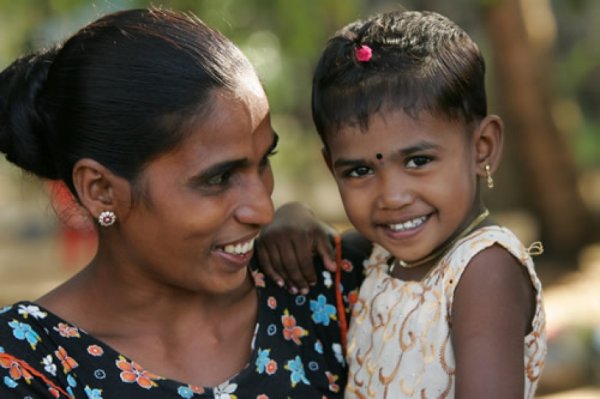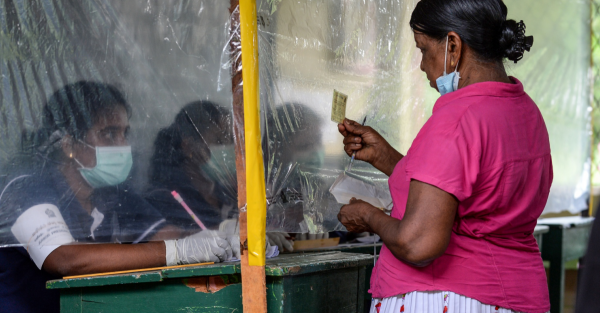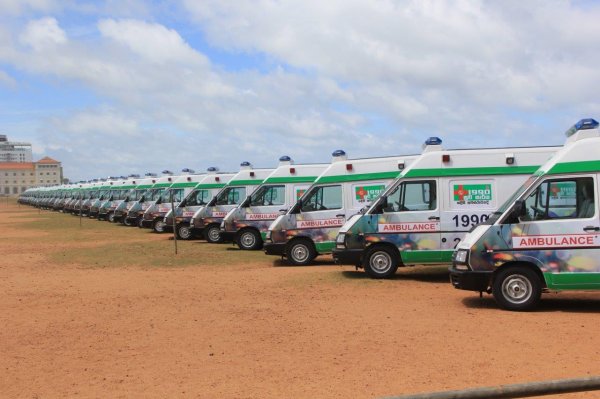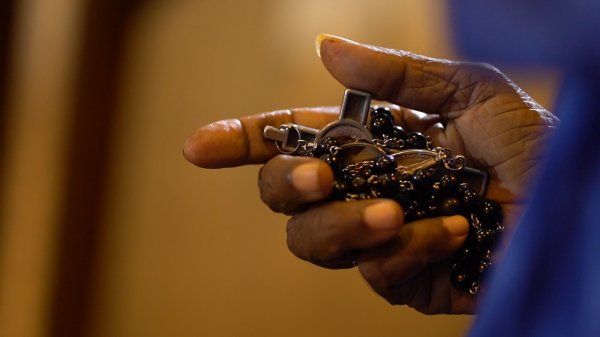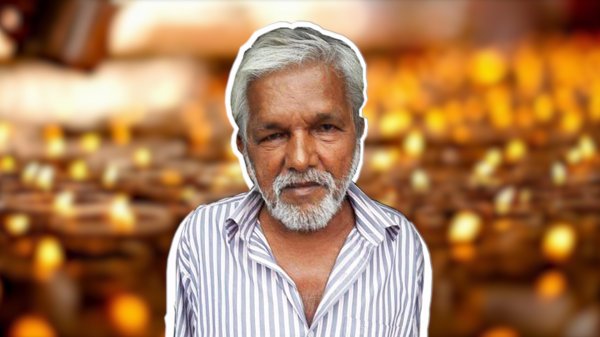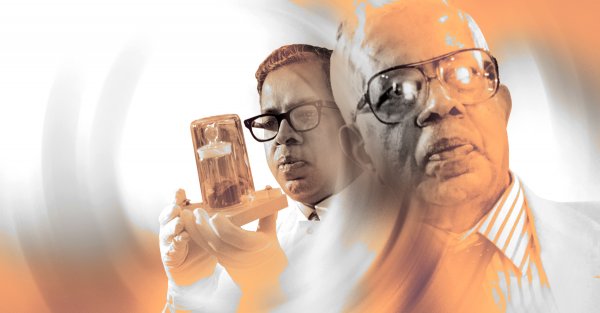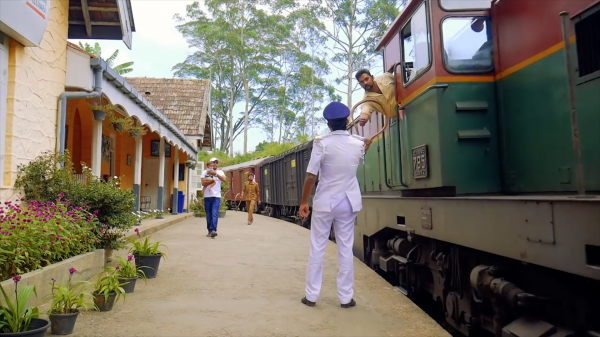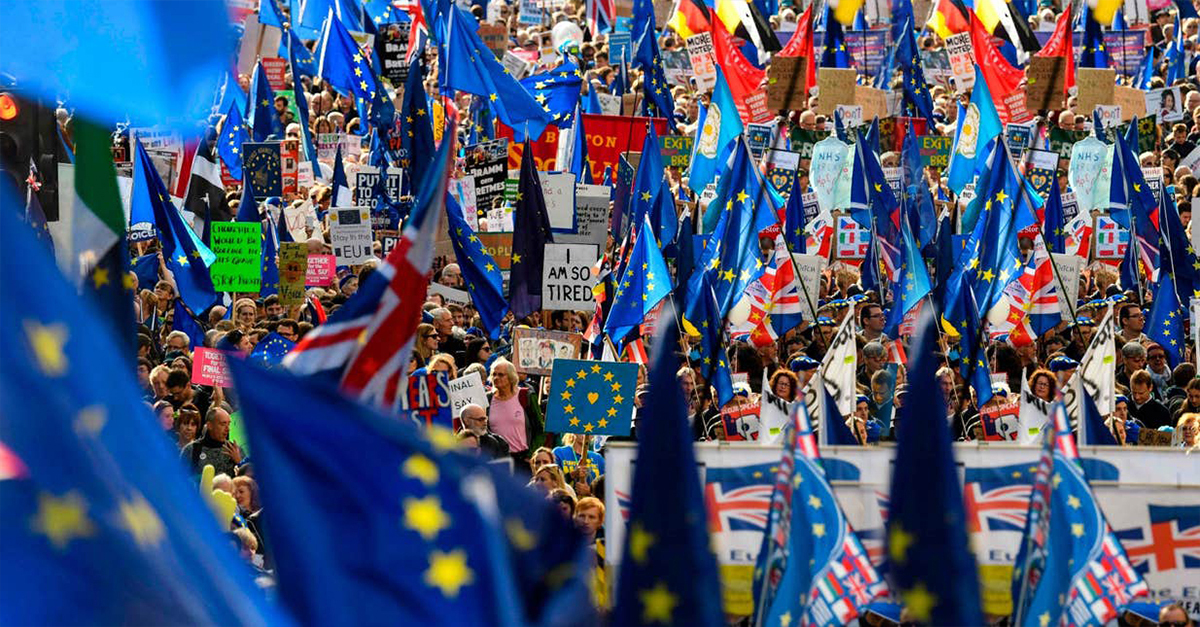
Late this January, the United Kingdom (UK) finally, and officially, ended its membership in the European Union (EU). Although the process began four years ago, this break in 2020 is less than a clean one. The UK is now in a transition period, during which much of the previous rules apply, for the next 10 months at least.
But as the EU and the UK hammer out the details of new trade relations, it’s worth asking, how will all this affect Sri Lanka?
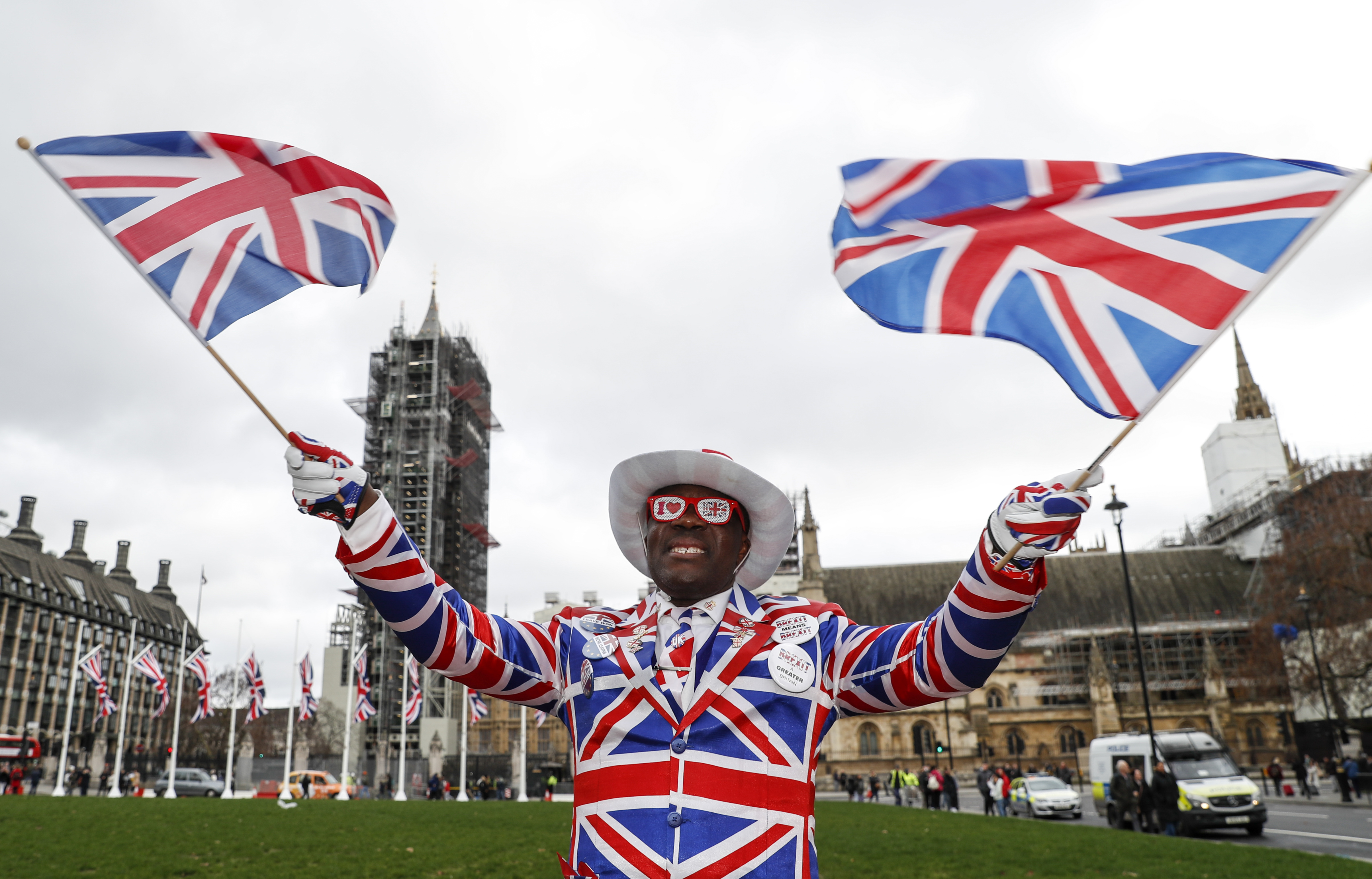
What Is Brexit?
‘Brexit’ refers to Britain’s exit from the EU, an economic and political union among 27 countries which trade quite extensively with each other.
What started out as an initiative to advance economic cooperation between countries after World War II has since grown to cover areas such as health, environment, security, and migration. Most countries in the EU have now adopted a single currency (the euro) and a ‘single market’, which allows for free movement of goods and services. The borders within the EU are also open, allowing students and workers of member countries to study or work in any EU country they wish.
Moving out of this zone — to which the UK has belonged to since 1973 — means negotiating new trade deals and borders. For example, the border between Northern Ireland (which is part of the UK) and the Republic of Ireland (a separate EU country) has been a key point of contention in the Brexit discussions, even contributing to its delay.
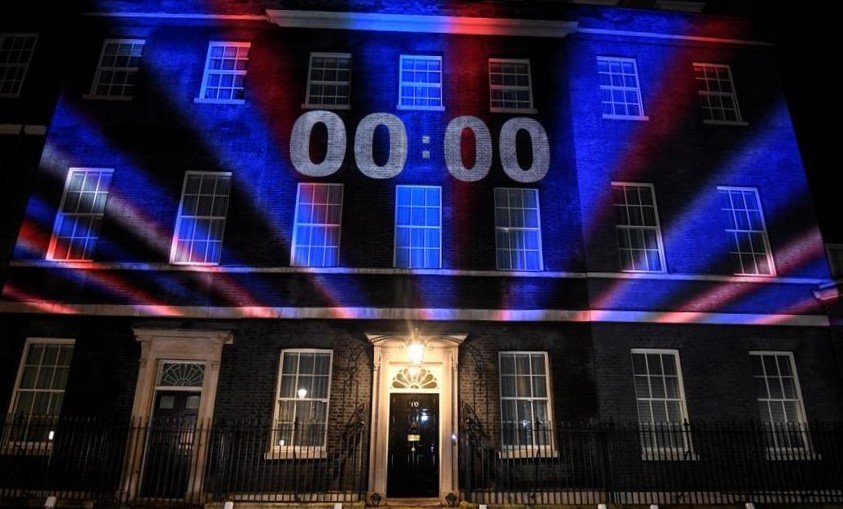
Impact On Sri Lanka
According to Kithmina Hewage, Research Economist at the Institute for Policy Studies (IPS), there won’t be an immediate impact on Sri Lanka due to the transition period. “But the UK — and the EU overall — is one of our biggest export destinations,” he pointed out. Therefore, Brexit’s effect depends largely on the agreement that the EU and the UK come to by the end of this year.
“If they don’t [finalise an agreement] the UK will be outside the EU and will have to trade with the EU like someone from a different continent,” he said.
In 2017, the EU was Sri Lanka’s second largest export destination, and the UK its second largest exporter, accounting for more than eight percent of exports. Sri Lanka is also part of the EU’s Generalised Scheme of Preferences Plus (GSP+) which gives tariff concessions to developing countries exporting to any EU member. With the UK’s breakaway, the terms that the two parties finally agree to is therefore, of utmost importance to Sri Lanka.
“If the UK leaves without a trade deal, or the trade deal does not include a commitment to continue with GSP+ that means whatever we send to the UK will be taxed,” Hewage explained.
The EU has guaranteed that Sri Lanka will continue with GSP+ until 2023. However, this type of trade benefit is conditional on the country’s compliance with labour and environment standards, human rights, good governance, as well as its economic position. With Sri Lanka’s recent graduation to upper middle-income country status, it is likely the country will lose GSP+ concessions after 2023.
“At that point in time, whether the UK is in the EU or not is immaterial to us because then we have to compete [with all the other countries],” he added.
Sri Lanka’s top exports are apparel, tea, and rubber products and our competition is mainly countries like Vietnam and Bangladesh which also produce exports such as women undergarments and knitwear. Losing out on preferential access will mean competing with countries that still receive either GSP or trade benefits from the World Trade Organisation (WTO).
“We have an issue with our export basket as well, because we continue to produce lower value export products,” Hewage explained.
“So in reality our economic position is the same as the likes of Thailand and Malaysia (upper middle-income) but the items that we produce and export are that of the Bangladesh’s and Vietnam’s [standard],” he further explained.
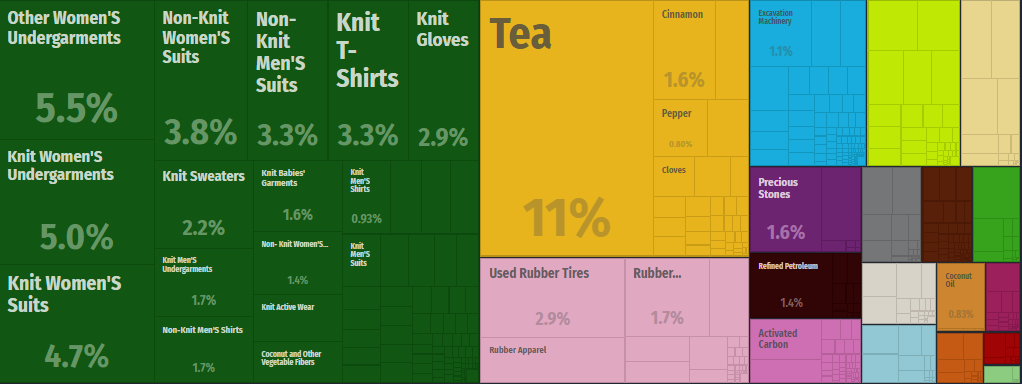
A Global Ripple Effect?
Another potential issue is that the economic impact of Brexit may have a ripple effect on the global economy. “If [Brexit] leads to some sort of recession, demand for Sri Lankan exports will reduce, and that will have an impact as well,” Hewage said.
“We saw this during the 2008 financial crisis, when both the US and EU markets crashed; there was a knock-on effect on our markets,” he added.
The 2008 financial crisis intensified the ‘euroscepticism’ of a faction of the public critical about further integration with the rest of Europe. They also opposed the rise in migration to the UK from other parts of the EU.
This emotionally charged issue, along with EU’s tough economic regulations that member countries have to follow, saw a ‘leave’ campaign gain momentum, resulting in 51.9% of Britain’s public voting to ‘leave’ the EU.
This is also likely to make access to the UK for employment even more difficult for citizens living outside the EU circle, such as South Asia.
Hewage feels it is too soon to tell how Brexit will affect tourism in Sri Lanka. “The impact on tourism is entirely dependent on the economic growth in the UK,” he said, explaining that the main effect Brexit is expected to have on Sri Lanka is on trade.
In preparation, Hewage explained that it is vital the country focuses its efforts in diversifying its export market as well as its export destinations — although, admittedly, the transition is not an easy task.
Recently, at a Brexit forum held in Colombo, immediate past Chairman of the Sri Lanka Apparel Exporters Association Felix Fernando emphasised the need for the government to establish Free Trade Agreements (FTAs) with the UK and the EU, and to look at China and India as export markets.
But as Hewage pointed out, “the export sector performance is important for the economy as a whole. But, this is not [necessarily] a Brexit issue. It is an economic structural issue.”


